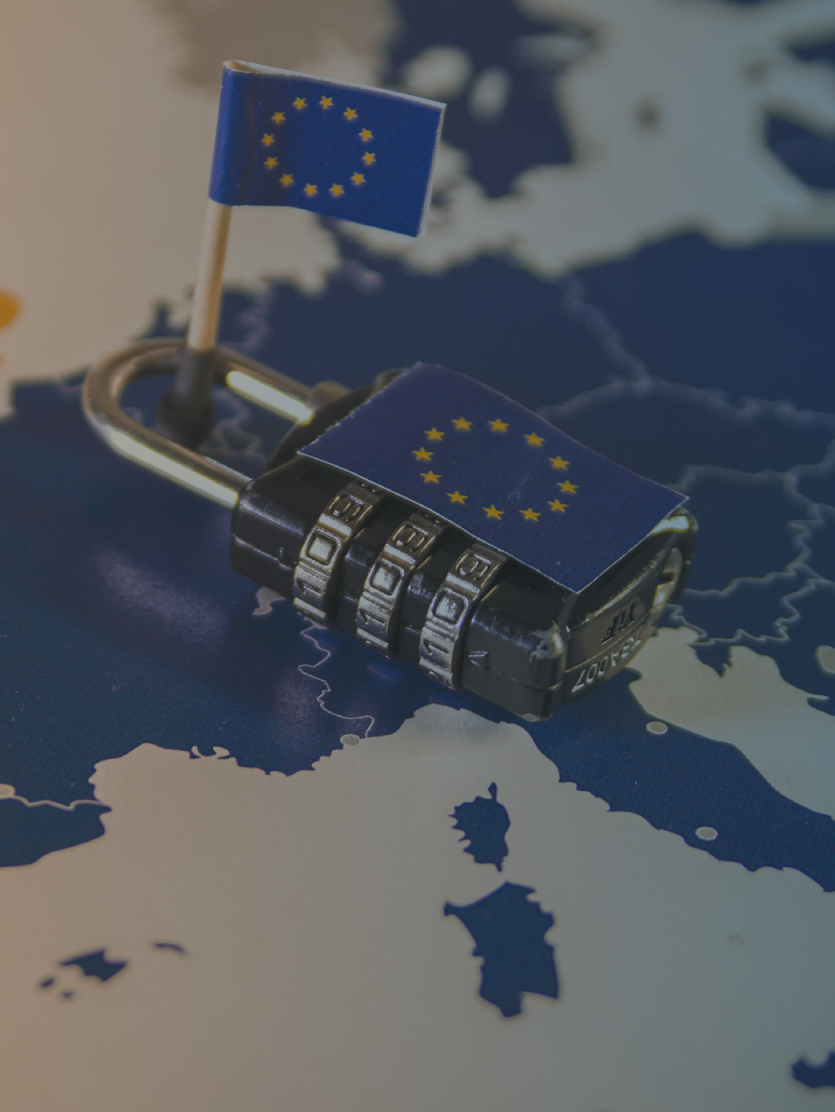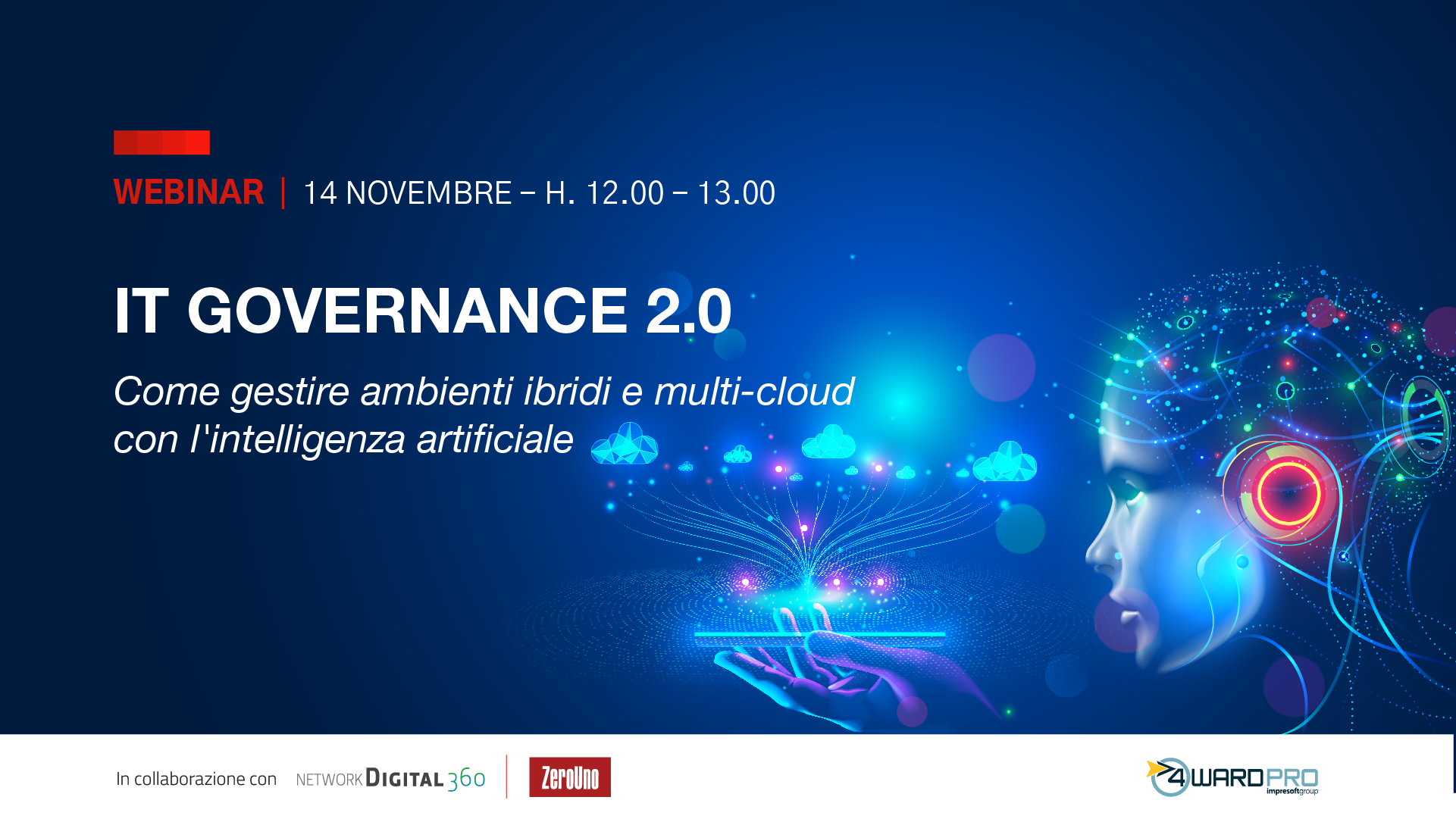Savings in energy are no longer enough to define a new generation building (smart building). “The well-being of those inside the building is one of the elements to be examined nowadays”. This was the opinion of Ernesto Lombardi, CEO of iComfort, an innovative Roman company committed to transforming every building into a smart building. Through an innovative strategy: monitoring not only every type of environmental factor but also the spaces, and focusing on people’s wellbeing. An ambitious project that Lombardi tries to achieve thanks to data from people inside the buildings. It is no coincidence that iComfort is one of the finalists of the 2019 edition of Open-F@b Call4Ideas by BNP Paribas Cardif focusing on Human Data Science.
Indice degli argomenti
The history of iComfort
Passionate about technology, Ernesto Lombardi is 50 and enthusiastically follows any ideas about innovation. Graduated in computer science, he has pursued the Internet industry since its very beginning. He started his professional career at Nestlé in 1995 following the first internet projects for Italy and then for Nestlé Europe in Vevey, Switzerland. Immediately afterwards he joined the Enel Group and was appointed head of the market development business area at Telecom Italia Learning Services. “With my extensive know-how and contacts, in 2008 I decided to set up my own company: Smart Sys, a software development company, was founded”, he said.
In the meantime, however, he plans another project: “Monitoring humidity and temperature in museums in real time”. He thus gets down to work on innovating the outdated tools for this purpose and starts throwing the groundwork for what will later become iComfort. The company was officially founded as a spin-off of Smart Sys in June 2019, thanks in part to the support of the Digital Magics incubator. Widening the project from museums to buildings in general and monitoring environmental factors to much more.
What iComfort can do and how
Being considered an Italian proptech player, iComfort effectively helps companies to face the new needs related to Smart Workplaces and Smart Buildings. How? With an IoT platform and a dashbord providing a smarter office (allowing to monitor how, when and where employees use office space) and creating a better environment (monitoring air quality, lighting, noise).
Through a set of sensors and advanced big data analysis, integrating multiple data sources, it provides useful information to optimize different services, improve performance and engagement of its employees.
Thanks to a tailored and scalable software platform and a tailored analysis set, companies can receive insights to define and implement innovative policies to improve the workplace experience, and maintain a strong and sound reputation. The dashboard allows a steady monitoring of any parameters, even through an intuitive graphical display, recurring reports, and warning of any sentinel events through the main instant messaging systems.
And more. It can provide a one-of-a-kind support for monitoring the offices (desk, phone boot, lounge areas) and the various common areas (canteens, meeting rooms, breaks, event rooms), monitoring attendance and use for each floor. This can be done either with a premise or cloud based setup.
Currently, thanks to more than 7000 sensors installed, iComfort supports 36 floors of different buildings, 78 meeting rooms, 4 canteens and 7 halls, with one or more digital signage systems per floor and works with large companies such as Modis, NTT Data, Indra.
The company created by Ernesto Lombardi counts on a scientific committee, whose role is to provide guidance on long-term developments and emerging trends in the field of workplace management. The team is made up of professors and professionals such as Andrea Ciaramella (associate professor at Politecnico di Milano), Federico Lessio (chief experience officer at Copernico) Eleonora Beatrice Fontana (Architect of Innovation).
The business model
iComfort follows a B2B business model: “We offer large companies the opportunity to transform their buildings into smart buildings,” said Lombardi. “Ensuring indoor air quality, making sure that spaces are used in the best and safe way are business ambitions that need the right technology to be achieved. We have this technology.” said the CEO of the company. It focuses on the benefits that iComfort can bring to employees and companies.
Benefits for companies and employees
“Anyone who works in a company canteen knows this: how many times have you had to deal with the queue and the clock ticking? iComfort could solve the problem with a simple message on the intranet alerting you when the canteen is free” said the CEO. This is just one example of how this reality wants to affect the well-being of people inside a building. Since, even in enclosed spaces, air quality is often mentioned, less well known are situations linked to everyday professional life.
iComfort solutions can also be profitable for companies: “In a large open space in Milan, a desk can cost 8,000 euros a year. Optimising space means improving its management while saving money: if in a company with 100 desks the occupancy of this furniture is reduced by 10%, the result will be a reduction in the total cost”.
Future projects on companies
While iComfort took part in the Open F@b iComfort call focusing on the use of its own system data, in line with the Paribas Cardif call, the company is now planning new projects that could be interesting for companies. “We are working on advanced algorithms to create a system to secure the building” said Lombardi. Something that could appeal the companies interested in digital transformation. However, so far the CEO said nothing more: “We have a bad habit: do it first and then talk about”, he concluded.
All rights reserved



